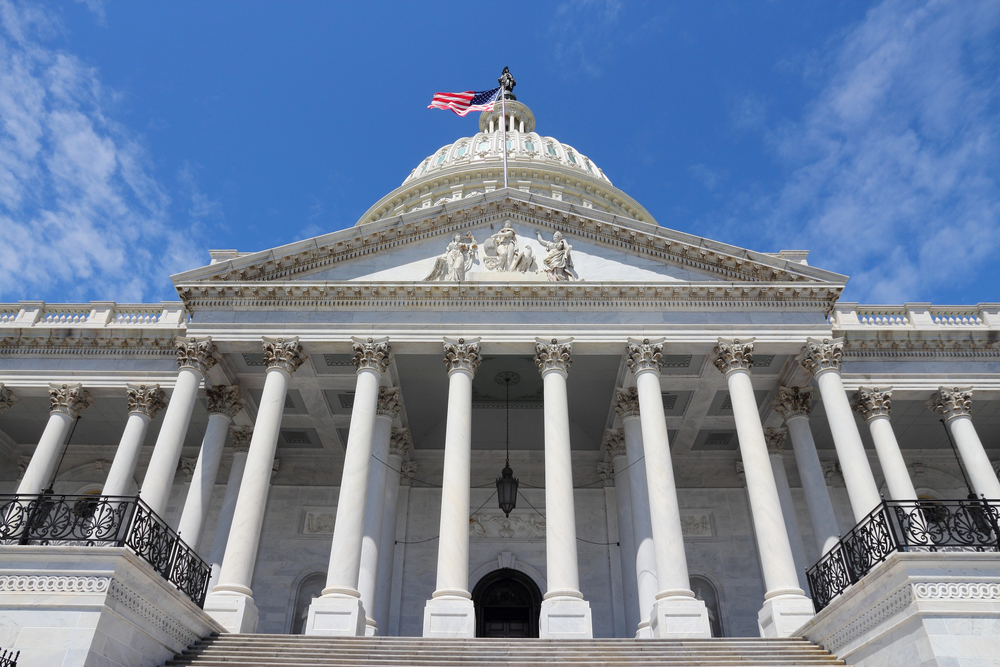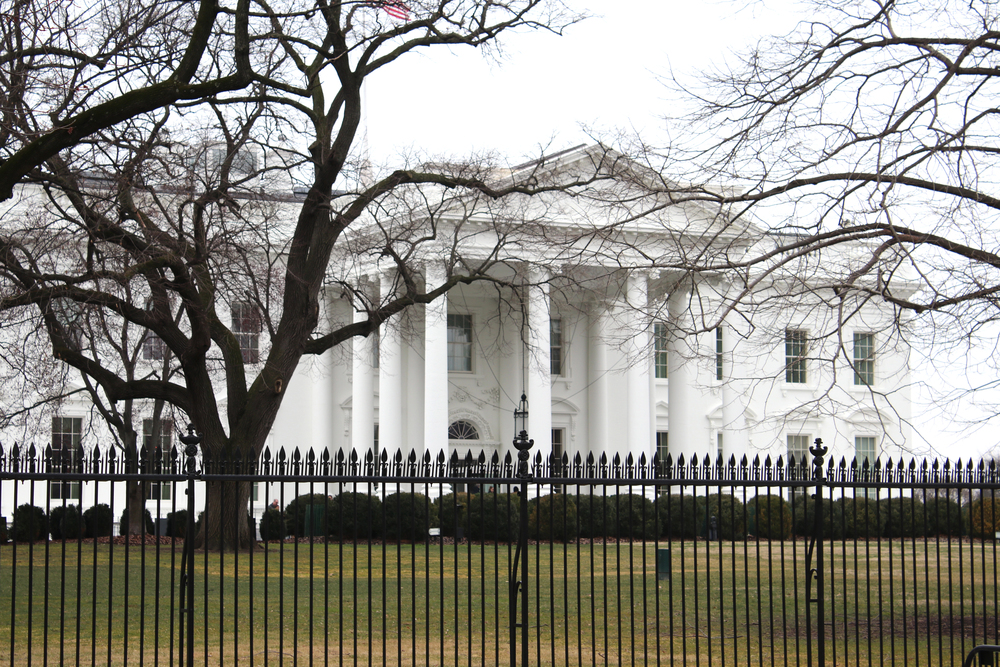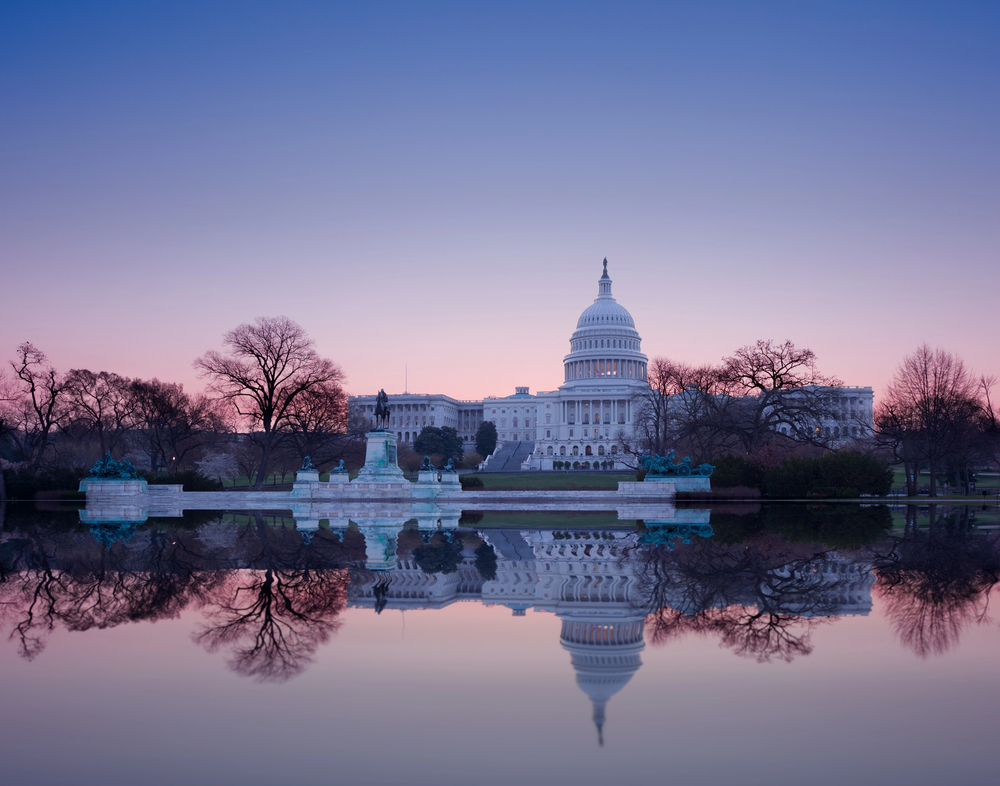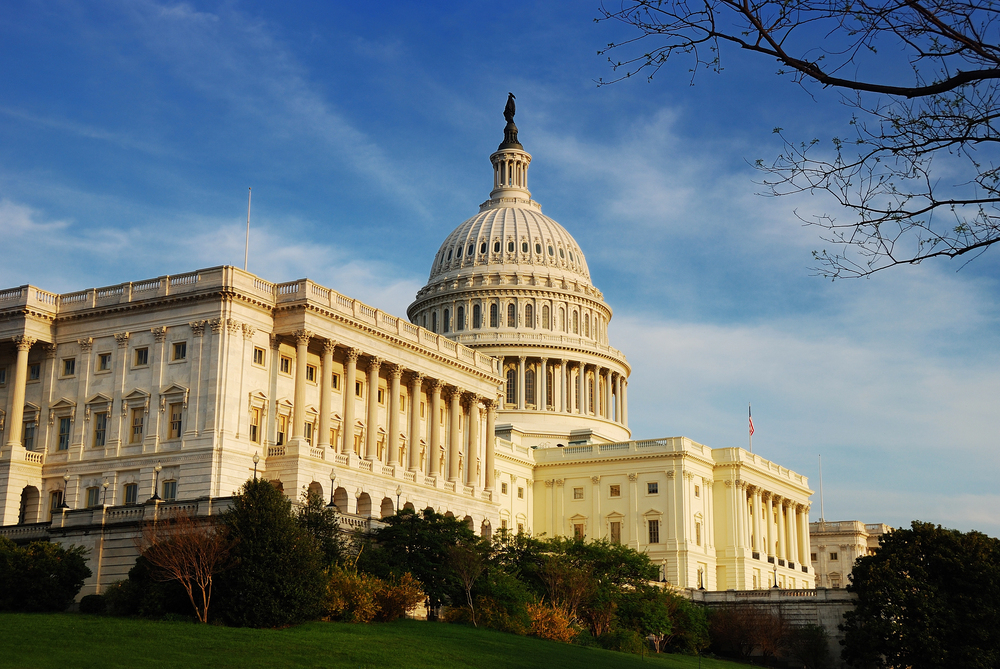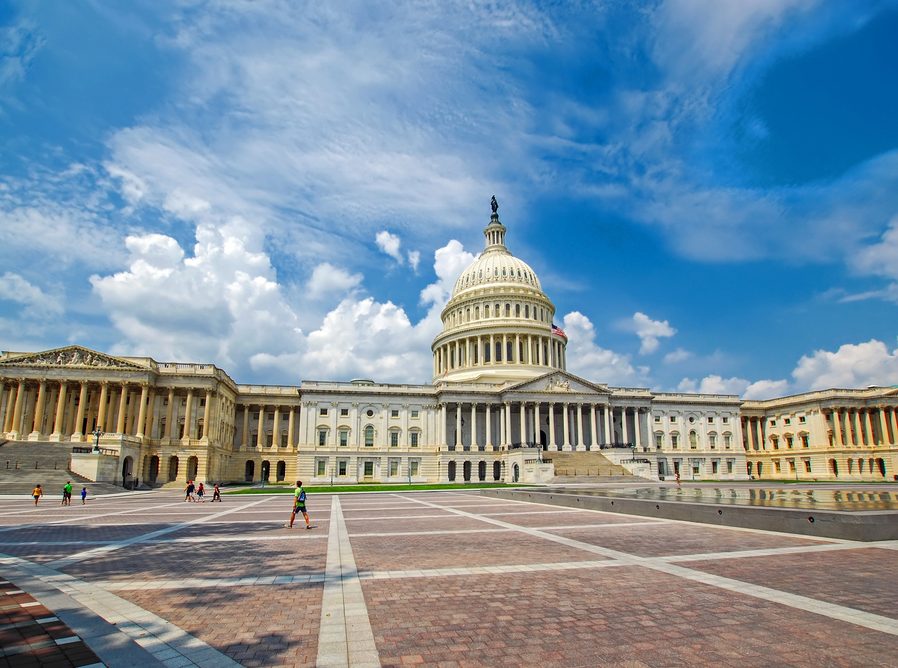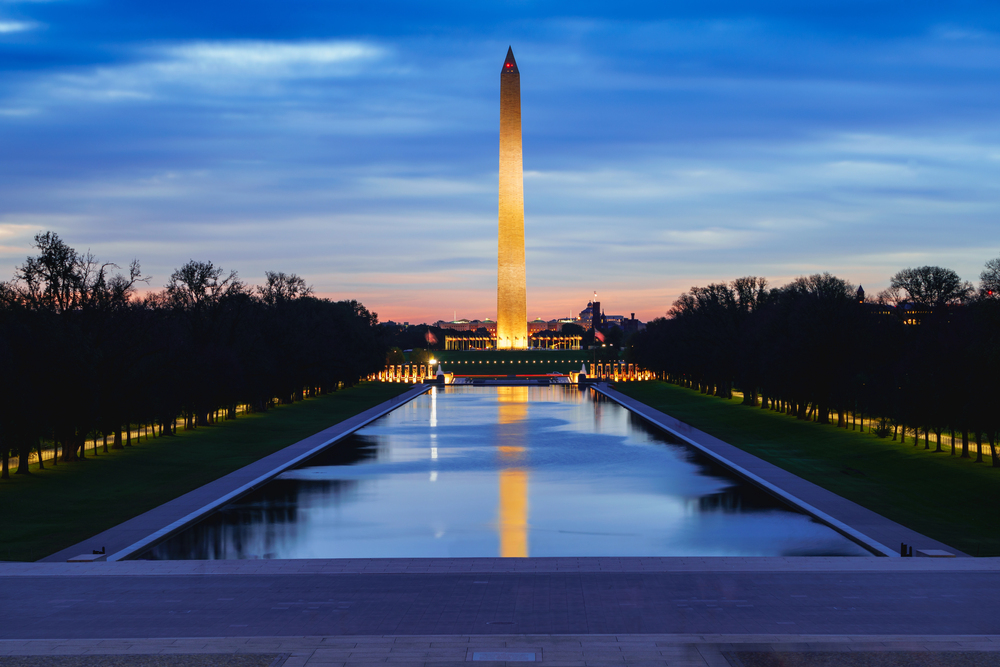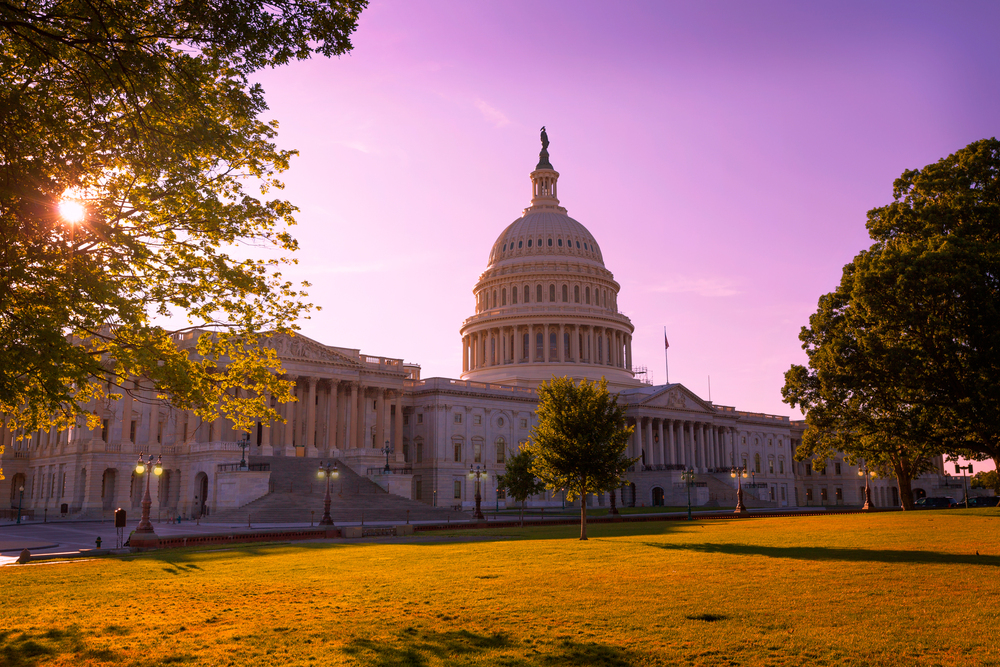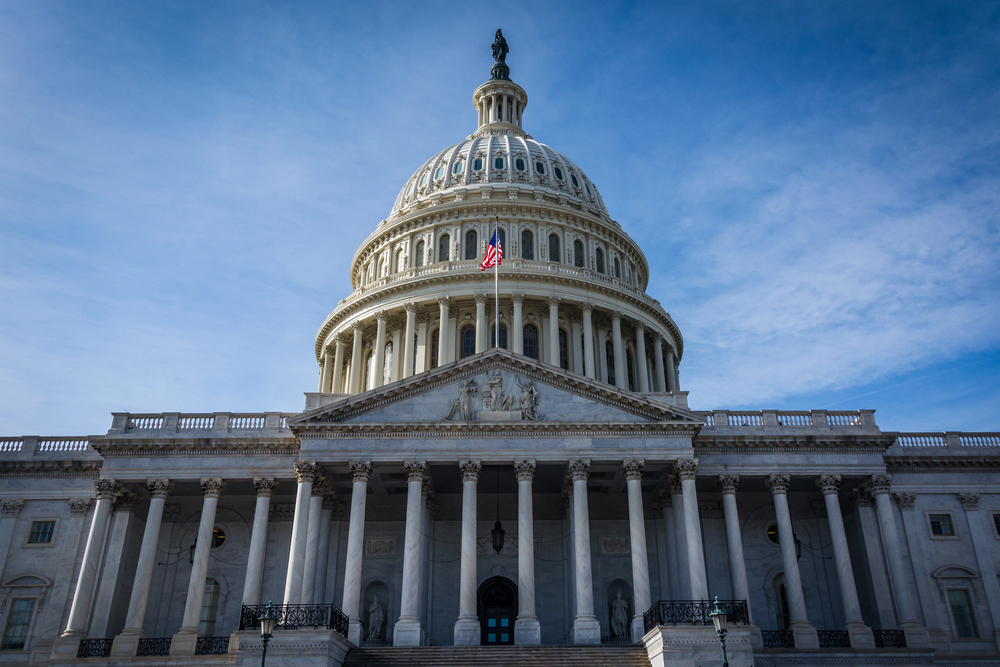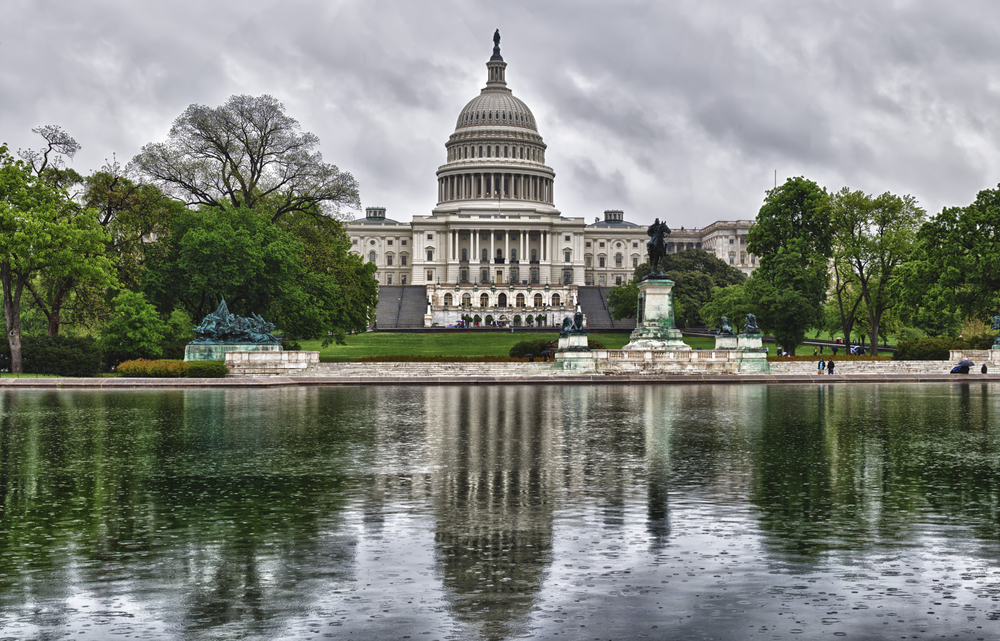Trump Administration Issues Important Guidance on PPP’s Good Faith Certification
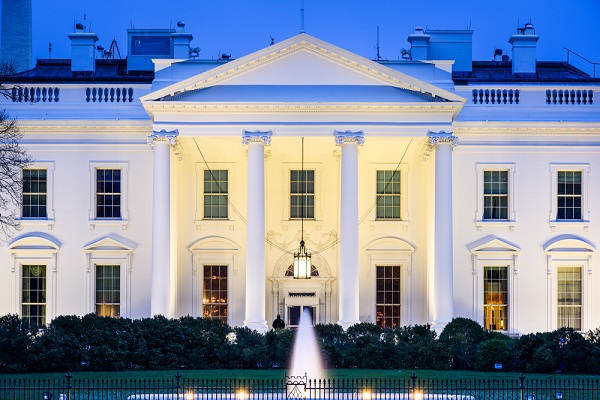
By: Wyatt Stewart
The Treasury Department and the Small Business Administration (SBA) have continued to update their guidance regarding the Paycheck Protection Program (PPP) since the CARES Act was first enacted at the end of March. These updates have come in the form of press releases, multiple interim final rules and a FAQ document.
In a recent update to their PPP FAQ document, the SBA, in coordination with the Treasury Department, issued long-awaited, additional guidance on a borrowers’ required good-faith certification concerning the necessity of their loan request. The guidance should make it easier for small businesses when deciding if they can meet the certification requirements and gives many Big “I” members needed clarity.
The guidance notes, “When submitting a PPP application, all borrowers must certify in good faith that ‘[c]urrent economic uncertainty makes this loan request necessary to support the ongoing operations of the Applicant.’ SBA, in consultation with the Department of the Treasury, has determined that the following safe harbor will apply to SBA’s review of PPP loans with respect to this issue: Any borrower that, together with its affiliates, received PPP loans with an original principal amount of less than $2 million will be deemed to have made the required certification concerning the necessity of the loan request in good faith.”
The SBA goes on to say that it “has determined that this safe harbor is appropriate because borrowers with loans below this threshold are generally less likely to have had access to adequate sources of liquidity in the current economic environment than borrowers that obtained larger loans. This safe harbor will also promote economic certainty as PPP borrowers with more limited resources endeavor to retain and rehire employees. In addition, given the large volume of PPP loans, this approach will enable SBA to conserve its finite audit resources and focus its reviews on larger loans, where the compliance effort may yield higher returns.”
The SBA also gives additional guidance to larger borrowers and notes that, “borrowers with loans greater than $2 million that do not satisfy this safe harbor may still have an adequate basis for making the required good-faith certification, based on their individual circumstances in light of the language of the certification and SBA guidance. SBA has previously stated that all PPP loans in excess of $2 million, and other PPP loans as appropriate, will be subject to review by SBA for compliance with program requirements set forth in the PPP Interim Final Rules and in the Borrower Application Form. If SBA determines in the course of its review that a borrower lacked an adequate basis for the required certification concerning the necessity of the loan request, SBA will seek repayment of the outstanding PPP loan balance and will inform the lender that the borrower is not eligible for loan forgiveness. If the borrower repays the loan after receiving notification from SBA, SBA will not pursue administrative enforcement or referrals to other agencies based on its determination with respect to the certification concerning necessity of the loan request. SBA’s determination concerning the certification regarding the necessity of the loan request will not affect SBA’s loan guarantee.”
The Big “I” will continue to provide updates on the program through News & Views articles. We have also posted this guidance from the SBA on our Government Affairs website and will continue to post any additional guidance as developments warrant.
Wyatt Stewart is Big “I” senior director of federal government affairs.

